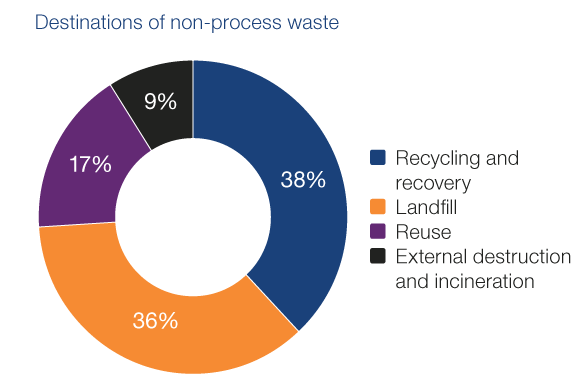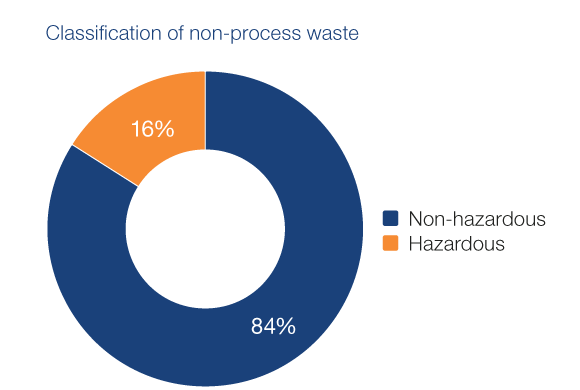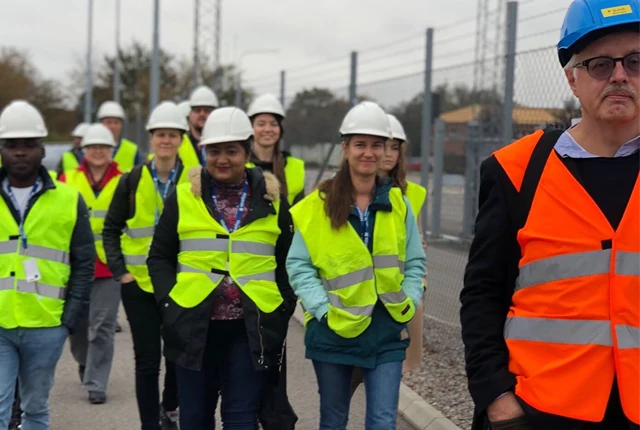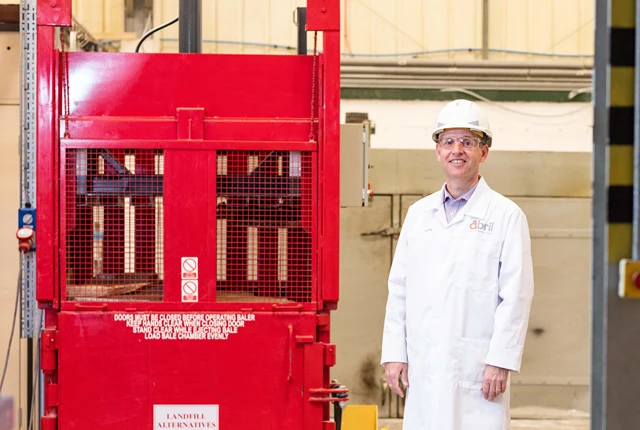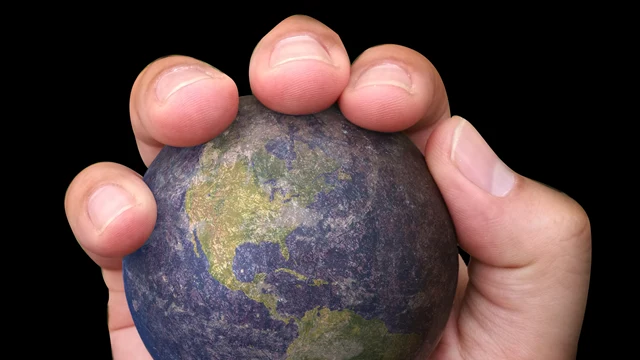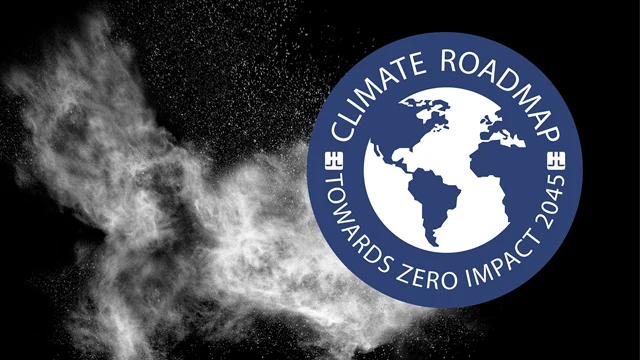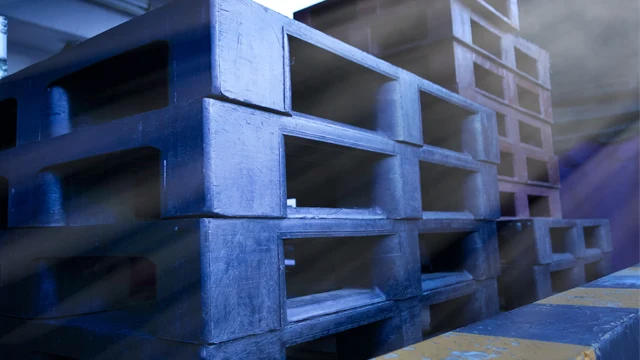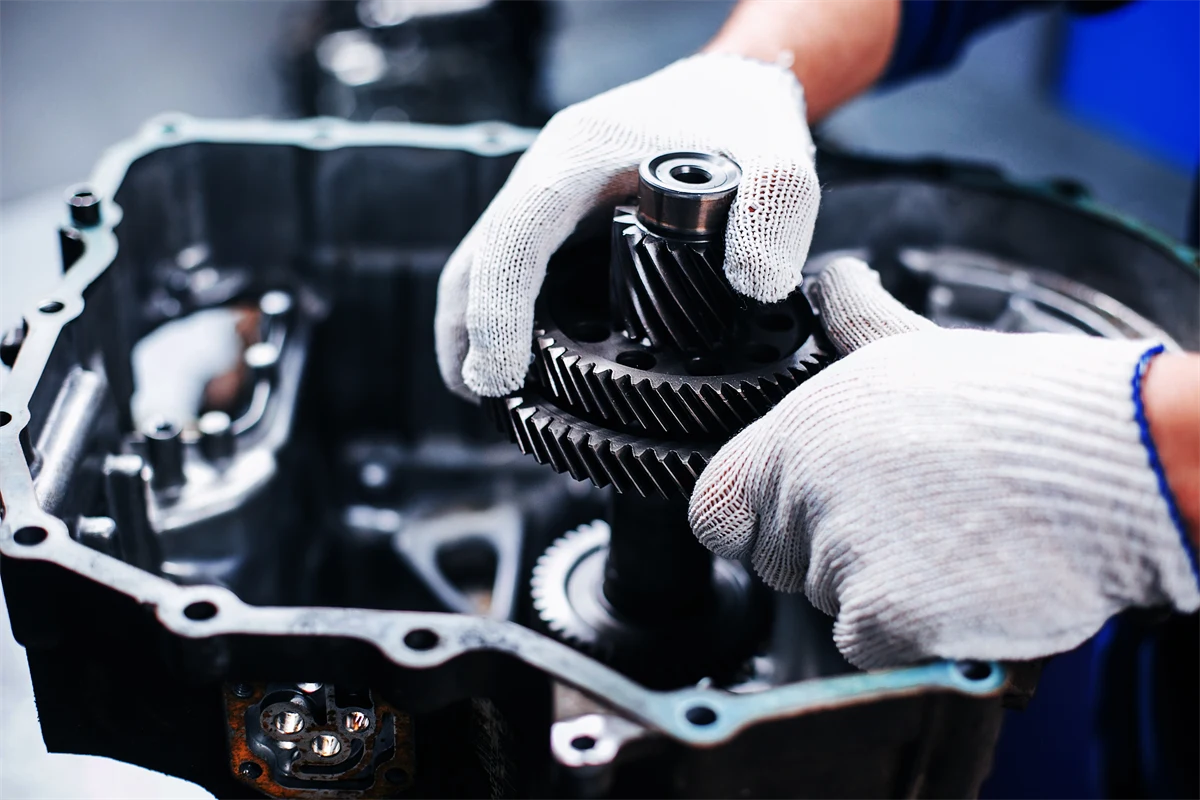
Products
Waste
We divide our process residuals into three categories depending on their final destination or use:
- Process residuals as side stream products that are recycled, reclaimed or reused by a third party
- Process residuals that are internally recycled, reused or reclaimed within the site of origin
- Process residuals as waste for internal or external landfill
Our target is that 85 per cent of our process residual materials should be turned into useful products by 2020. In 2019 we reached 80 per cent.
Two of our most useful REACH registered product developments are Petrit® E and Petrit® T, which are both made from slag. Petrit® E can be used to replace gravel in road construction, as an aggregate in asphalt, as a construction material and as a raw material for producing stone wool. Research tests using Petrit E for water treatment by reducing phosphorus and other metals, show promising results. We continue to examine if this could be a future usage for this material.

Petrit® T functions as a lime replacement and can, for example, serve as a lime additive for structure liming in clay soils, which improves the quality of the soil for agriculture. It can also be used for soil stabilisation. Melting furnace dust is sent for zinc recovery and other forms of dust are processed for iron recovery. Filter materials can be reused as slag formers in metal production.
Resource efficiency, environmental performance and a need for circular models all point in the same direction: Do not produce waste. To a large extent, we have managed to avoid creating waste by turning residual materials into side stream products in closed material loops.
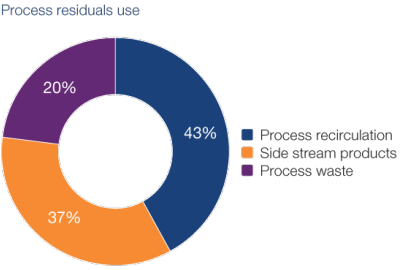
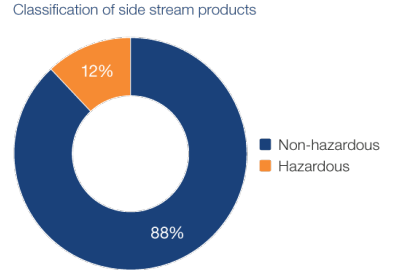
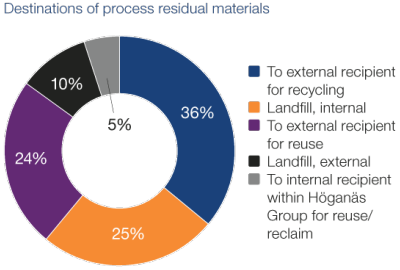
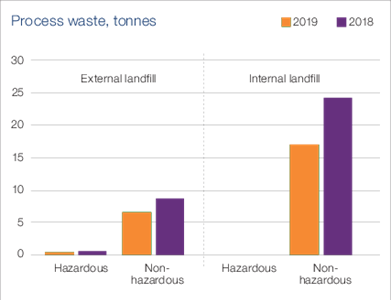
Non-process waste
Non-process related waste amounts to 6,400 (5,100) tonnes, or less than 8 per cent of the sum of all waste and side streams. It contains general plant waste, domestic waste and waste from packaging materials.
